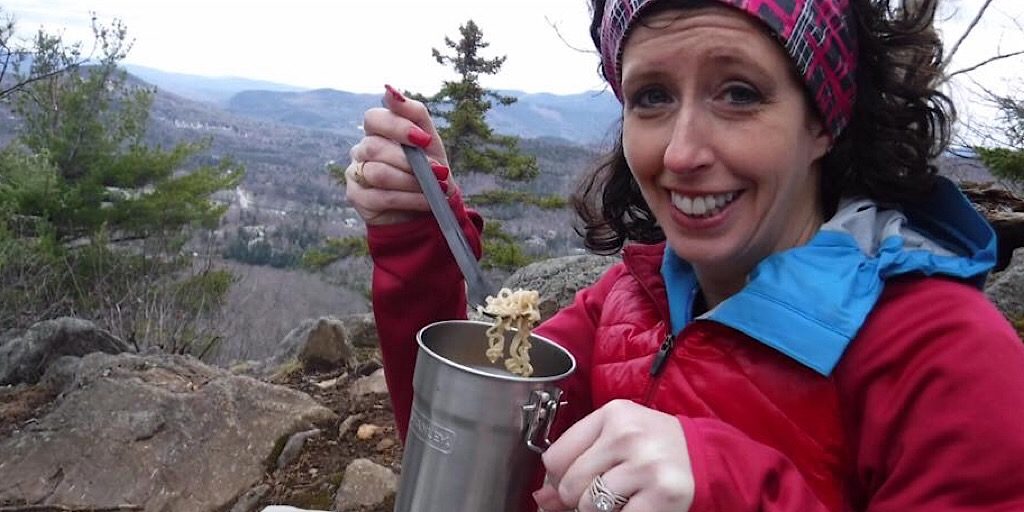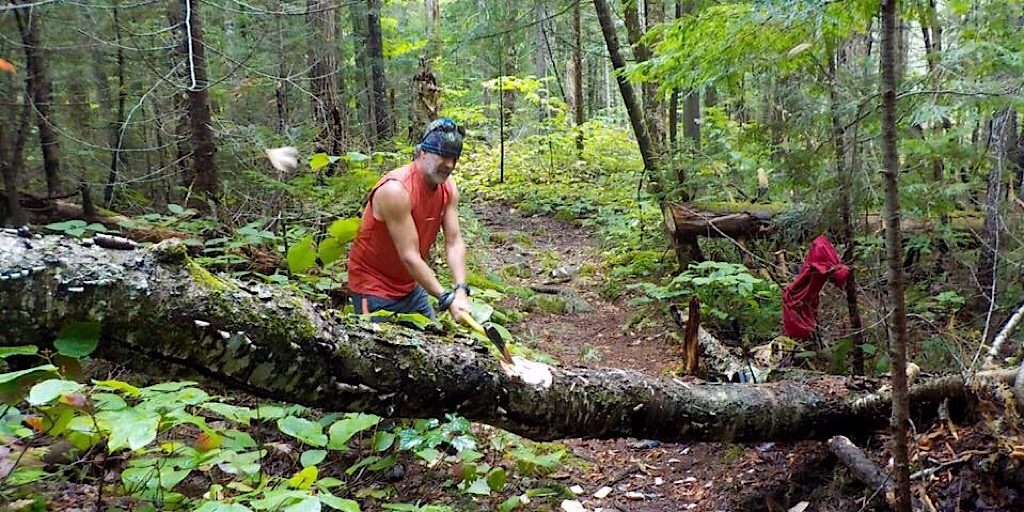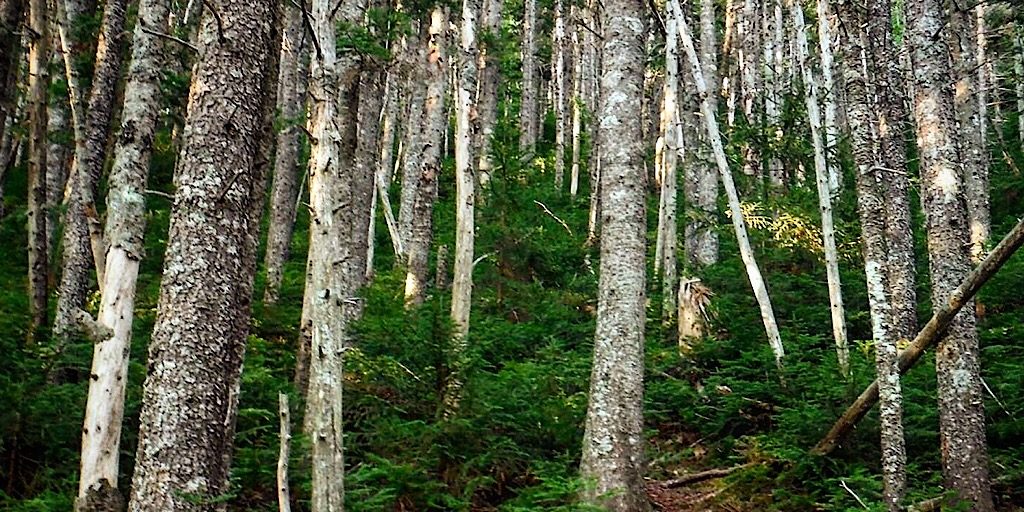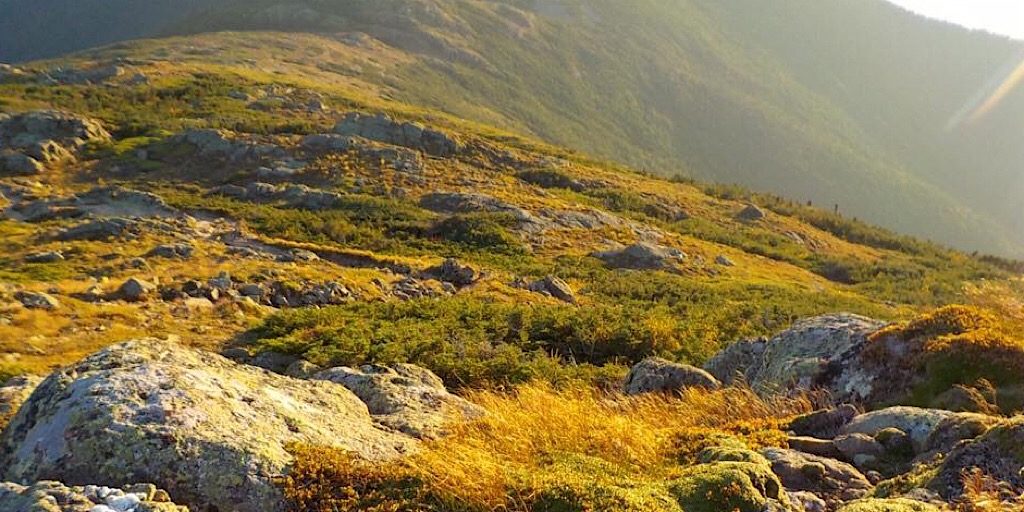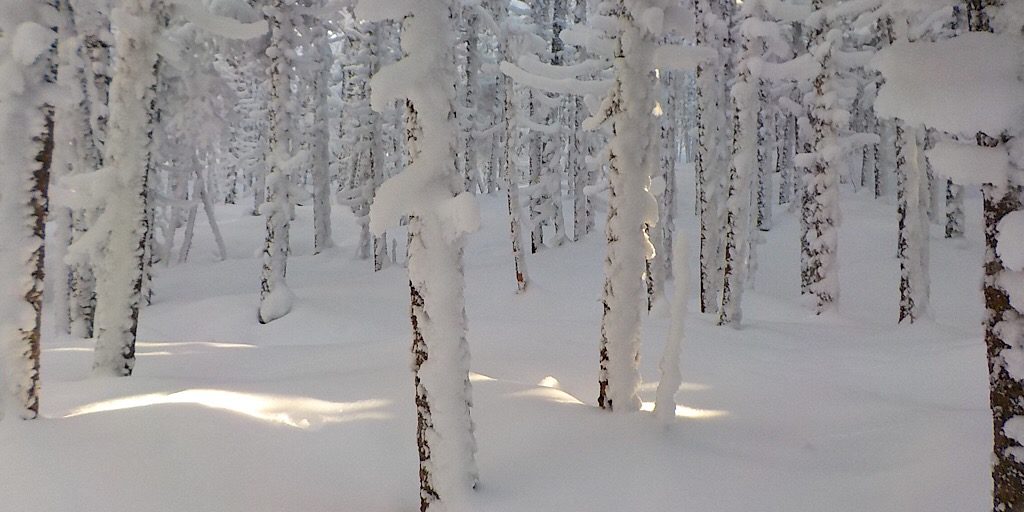People who don’t get up-close and personal or tramp upon our mountains — or any mountains, really — will probably lack understanding. Understanding, for instance, that moutain weather is usually temperamental, colder, windier, and can even more dangerous. Or understanding of how it feels to exert oneself step after step for thousands of steps, digging deep within, then reaping the reward of the joy of arrival. Even understanding the simplicity of how the mountains reach our senses may be lost on those who have never been. Here we hope to at least increase the reader’s level of understanding on this front.
The Five Senses: In the Mountains
- The Sense of Taste
- The White Mountains are known to produce characters of flavor, but have no real flavor of their own representing instead a certain purity. Beware, in fact, locales you can taste. Here the mountains serve as a backdrop to the palate. They let other flavors stand out. Want to have to best ever-loving peanut butter and jelly sandwich or ramen you’ve ever had? Hike yourself to the top of a tall New Hampshire mountain and that meal will be amazing.

- The Sense of Touch
- We could point out the impact the mountains may have on our muscles, our joints, our tired and aching feet and call that touch. We could, but it’s much more fun to wax poetic about the softer yet more profound way the mountains touch our souls. The way they in fact heighten the very senses outlined herein. Stand there on the Presidentials, for example, reach out and touch them, then let them touch you. Then know it’s okay to shed a tear of joy.

- The Sense of Smell
- Science tells us it is the sense of smell which is commonly responsible for triggering memories. We think this is true. When not noting the purity of the alpine air, the wonderful aroma of balsam fir — sold in gift shop bags for the tourists to enjoy — certainly evokes rich memories of special hikes of yore. Other smells speak of campfires, the springtime ritual of repelling of mosquitoes, and in the worst cases, the odor of effort.

- The Sense of Sight
- As humans the sense of sight is major. We have amazing eyes capable of such speedy focus and adjustment we find ourselves with the ability to visually take it all in. And in the Whites there is a lot to take in. From alpine tundra and krummholz regions to dense boreal forests perched atop the northern mixed forests. Some of the words used to describe many of these areas include drop-dead gorgeous, stunning, mind blowing, awe inspiring, amazing, speechless, breathtaking, and of course there is the historically significant sublime. It’s how we see it.

- The Sense of Hearing
- One of the most amazing things to sense in the White Mountains — or any truly remote area — is what we hear. Or rather what we don’t hear. Unless the military is annoyingly conducting maneuvers overhead, once we remove ourselves from civilization by a few miles, we can find ourselves enveloped by stark silence. This isn’t always the case. Often we are accompanied by the sound of the wind, which you may find pleasing in its own right. On other days we may hear the drone of insects, the murmur of other hikes, their crunching snowshoes or clicking trekking poles, and other sounds, the birds and the bees. But often there is nothing beyond the sound of our own breathing and the beating of our hearts.

There are a vast number of photos and a near limitless vocabulary that could fill this article. This is merely a glimpse.

